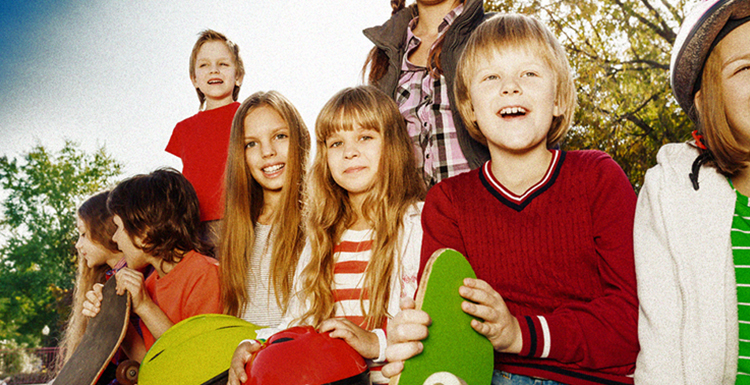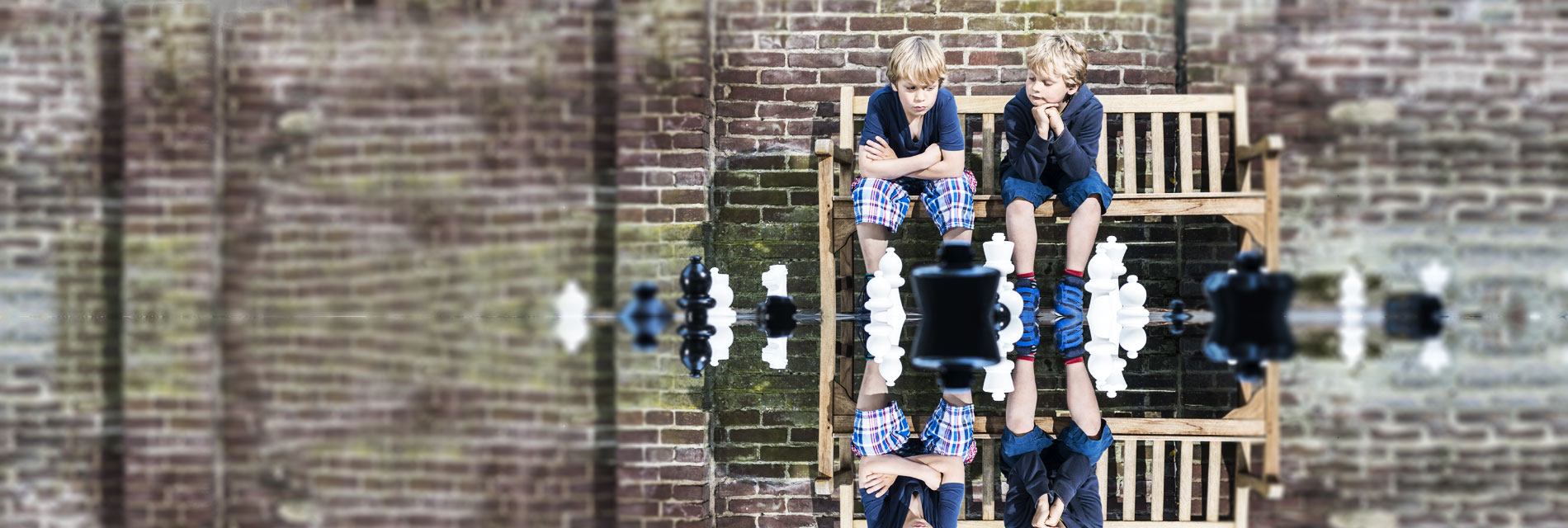Teaching kids to be healthy and happy

“What do you want to do, when you grow up?” For those children and teenagers who do not know the answer to this question, feelings of uncertainty and anxiety can replace the dreaming, innovative and optimistic nature of our children and teenagers.
Instead of focusing on the ‘what’, maybe the focus could be on the ‘how’ do you want to be when you grow up? In answering this question all parents would say, “happy and healthy!” Most, if not all children and teenagers would agree.
As parents and mentors, we can role model and teach those in our care how to be happy and healthy. This phase of a child and teenager’s life is a great opportunity to instil essential life skills and foundations of confidence.
This can be confronting for the parent as it can force a personal wellbeing audit and may create the opportunity to reprioritise personal health choices and habits. It may force us to clean up our health act, improve sleep habits, drink less alcohol, quit smoking, improve food choices and get moving.
Examining our lifestyle habits can act as a catalyst for positive and much needed change in our lives and our children and the people in our care will greatly benefit from our example and change in behaviour.
Health and happiness can be described as a mind set, and a positive attitude is a major player in determining healthy outcomes. If I believe I am healthy and practice healthy habits on a daily basis this will reinforce my ability and my body’s resilience to handle adversity and stress. Learning to be healthy and happy requires a teacher, regular practice and refinement.
Teaching life skills such as hygiene, cleanliness, cooking, organisation, relationship skills and money management are essential to ensuring individuals can self manage health and happiness levels. Basic needs must be met and having the ability and skill set to do so is of the utmost importance for health and happiness.
For example the ability to cook and prepare a healthy nutritious meal has a multiplier effect on health. Not only is the individual adequately fuelling their body and mind they are developing a skill for life. The ability to prepare or participate in the preparation of a healthy and nutritious meal is empowering, enriching and can be continually developed and refined.
The conscious act of sitting at the table to eat and share a meal vs. sitting in front of the TV encourages and practices not only mindful eating and gratitude but also magnifies communication and relationship skills.
Other happy and healthy skills include exercise and physical activity. Daily time dedicated to helping with physical chores or manual tasks is a great way to practice reciprocity and is essential in developing body awareness and functional strength. Participating in back yard play, climbing, tumbling, running, jumping and exploring all fine tune the muscles and the senses! Structured movement classes and team sports have the infrastructure to provide the development and practice of decision-making, communication, teamwork and goal setting.
The ability to identify stress triggers and apply appropriate stress reduction and relaxation strategies is another important happiness and health skill to teach our children and teens. Practicing awareness, gratitude and service to others are some effective suggestions used to manage stress. Another vital activity is having children and teens engage and brainstorm ideas of how to reduce the stress in their lives, it could be as simple as improving time management skills or writing in a journal.
Encouraging children and teens to problem solve and resolve conflicts are key skills in achieving health and happiness. Creating an environment where someone can have a go at solving a problem is a great confidence booster and establishes a positive step upon the path of independence.
Another skill to teach is the ability for children and teens to disconnect from electronic technology. By learning to ‘switch off’ those in our charge may begin to become more engaged and connected.
Spending time in nature is another key ingredient in reducing stress and enhancing health and happiness. Living in the Central Coast we are blessed with an abundance of beaches, National Parks and outdoor play stations.
If health and happiness are a priority for you and your family then making time to plan and scaffold opportunities to develop some of these health and happiness skills will be well worth it. What a better investment than to provide the next generation with the skills, experiences and tools to create their own health and happiness levels! Health and happiness is contagious, so pass it on!














